Punjab Electric Vehicle Policy Draft 2019
The Punjab Government has published the "Punjab Electric
Vehicle Policy Draft 2019" to acknowledge the potential of EVs and support
EV adoption in the state, with the main focus on promoting EV and EV component
manufacturing and creating jobs in clean mobility.
Objective Punjab EV Policy Draft 2019
The following goals of Punjab's EV policy were created with a
variety of UN Sustainable Development Goals in mind (SDGs). A thorough
justification for alignment with different SDG targets is appended:
·
Adoption - To
encourage adoption, the policy's final year should see 25% of new vehicle
registrations be electric vehicles.
·
Reducing Vehicular Emissions – To bring about a reduction in vehicular emissions by end
of the policy.
·
Infrastructure:
To encourage the development of EV charging infrastructure in the state on both
a public and private level.
·
Manufacturing
– To establish Punjab as a favoured destination for manufacturing electric
vehicles, components and batteries.
·
Startups – Promoting
start-ups in the EV sector will help to create an environment that is conducive
to innovation.
·
R&D – To
establish Punjab as an R&D hub in electric vehicles led by a Centre of
Excellence (CoE).
·
Human Resource
- To support job creation, introduce academic training programmes and vocational
(skilling and up-skilling) training to meet the needs of the EV ecosystem's
human resources.
·
Ensuring Sustainability - To reduce environmental harm by encouraging the recycling
and reuse of used batteries.
Support for Electric Two-Wheeler
·
2W
Electric Two-Wheelers make up more than three-fourths (76%) of new vehicle
registrations in the state, with new sales of these vehicles expected to rise
to 25% during the policy period.
·
Supporting
Transition of Electric Two-Wheeler Following incentives shall be provided under
Punjab EV Policy in addition to incentives under FAME II to support the
transition.
Private Electric Two-Wheeler
During the term of the policy, there is a 100% motor vehicle
tax waiver. Furthermore, this exemption will be valid for vehicles made in Punjab
for ten years.
Commercial Electric Two-Wheeler
·
Permit
fees and motor vehicle taxes are 100% waived for the duration of the policy.
Additionally, this exemption will be valid for 10 years for vehicles made in
Punjab.
·
In
"target cities," fleet and delivery companies will be urged to make a
gradual switch to electric vehicles.
Support for Electric Three-Wheeler – Electric Autos,
E-Rickshaws & E-Karts
Supporting the Transition of E3W: In addition to the
incentives under FAME II, the Punjab EV Policy shall also provide the following
incentives to support the transition:
E-Auto
·
Permit
fees and motor vehicle taxes are completely waived for the duration of the
policy. Additionally, this exemption will be valid for 10 years for vehicles
made in Punjab.
·
In
"target cities," only E-autos will be given a new license. Subject to
the regulations set forth by the Department of Transport, Government of Punjab,
fleet owners will be permitted to acquire and hold e-auto permits.
E-Rickshaws
The Department of Transportation will conduct a special drive
to require free registration of all currently operating e-rickshaws. Permit and
registration fees are completely waived for the duration of the policy.
Additionally, this exemption will be valid for 10 years for vehicles made in
Punjab.
Goods Carrier 3-Wheeler
·
Permit
fees and motor vehicle taxes are 100% waived for the duration of the policy.
Additionally, this exemption will be valid for 10 years for vehicles made in
Punjab.
·
Businesses
and fleets will be pushed to make a phased transition to 100% electric in
"target cities".
Support for Electric 4-Wheeler- Passenger Carrier, LCV, Stage
Carriage, Maxi Cabs & Taxis
The total number of taxis registered in Punjab from FY13 to
FY19 is 38,155, with nearly 80% of them being diesel-powered. In the target
cities, this policy seeks to significantly increase the proportion of e-taxis
in new sales to 25% over the course of the policy's duration and to encourage
the use of e-LCVs for intra-city freight transportation.
Supporting the Transition of E2W: In addition to incentives
under FAME II, the Punjab EV Policy shall also provide the following incentives
to support the transition:
·
Private 4-Wheeler - 100% of the motor vehicle tax is waived during the term of the policy (or
50% for hybrids). Additionally, this exemption will be valid for 10 years for
vehicles made in Punjab.
·
Commercial 4-Wheeler (Goods & Passenger Transport) - During the term of the policy, the
permit fee and motor vehicle tax are waived 100% (or 50% for hybrids).
Additionally, this exemption will be valid for 10 years for vehicles made in
Punjab. Businesses and fleets will be pushed to make a phased transition to
100% electric in "target cities".
·
Vehicles in Public fleet (Owned or Contracted by Govt.) - The Punjabi government intends to
gradually switch the entire public fleet over to electricity. In all future
vehicle and service purchases, BEVs will be given preference.
·
Corporate Fleets - 100% of the motor vehicle tax is waived during the term of the policy (or
50% for hybrids). Additionally, this exemption will be valid for 10 years for
vehicles made in Punjab.
o
All
businesses and institutions in the "target cities" will be urged to
register for a phased fleet transition. The Punjabi government will host a
special ceremony to honour and support such businesses.
Incentives on Electric Buses
Almost 90% of Punjab's bus fleet is
currently powered by diesel. The goal of the policy is to gradually replace 25%
of the buses in the Department of Transportation's fleet with electric
vehicles. In agreement with PUNBUS/PEPSU, the Department of Transportation
would determine:
·
Priority
will be given to high-volume intercity bus routes for the switch to electric
vehicles.
·
Routes
of the City Bus fleet in the targeted cities that could be converted to EV
UNBUS/ PEPSU to formulate an action
plan for transitioning the fleet to EV and would be encouraged to
procure/operate e-buses as per FAME II guidelines.
Private bus operators will be
encouraged to run their buses along designated routes and will be given a 100%
waiver of the permit fee for those routes and the motor vehicle tax for a
period of five years. If the bus was made in Punjab, the waiver will also last
for ten years.
Policy Document
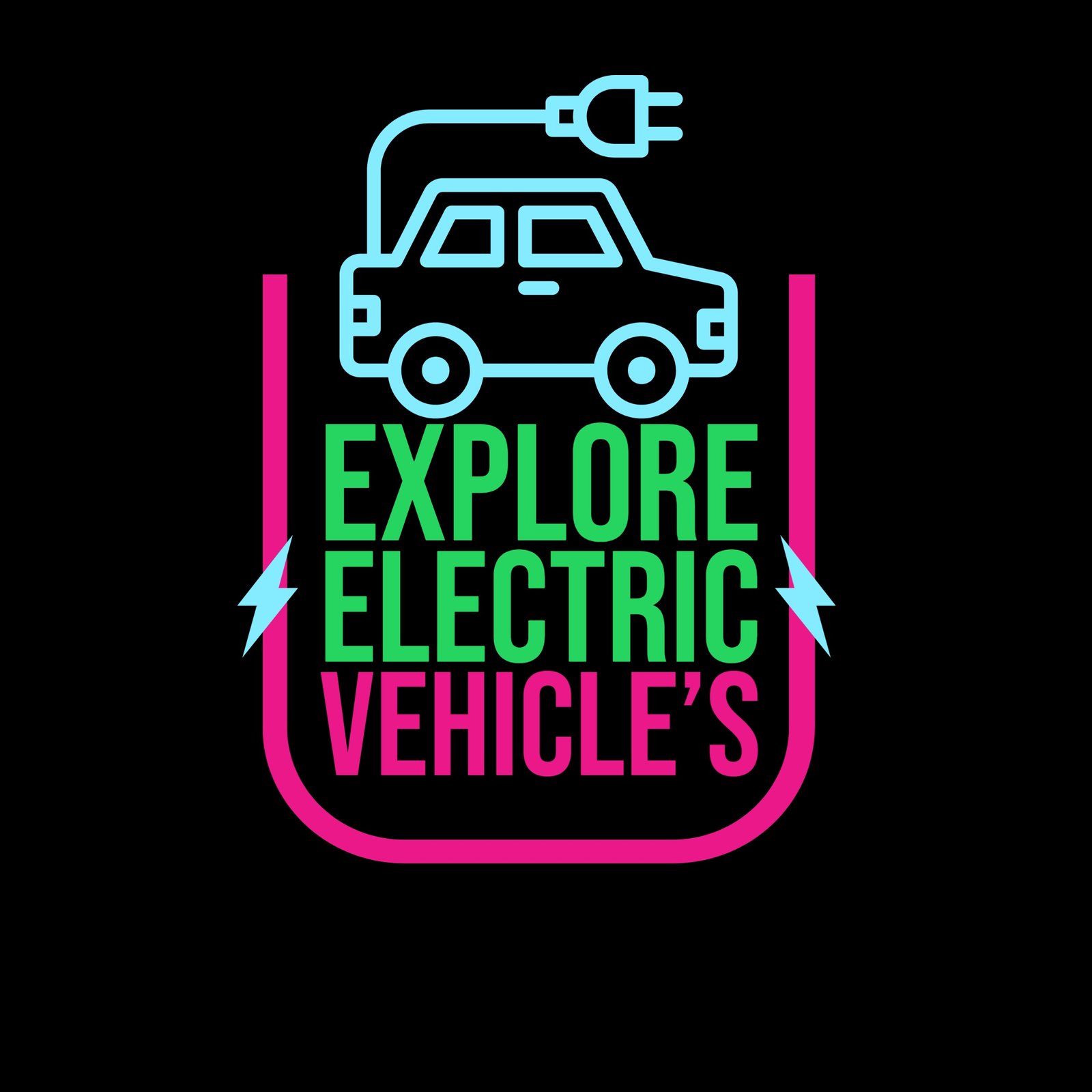

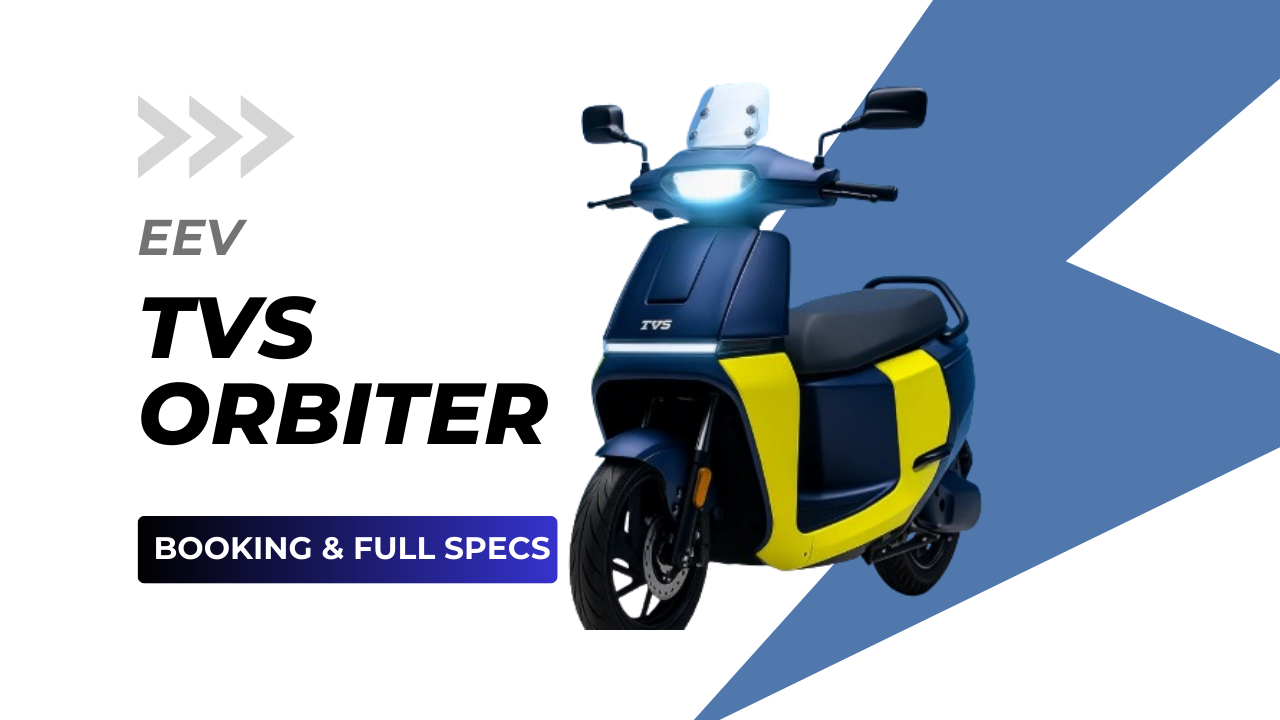

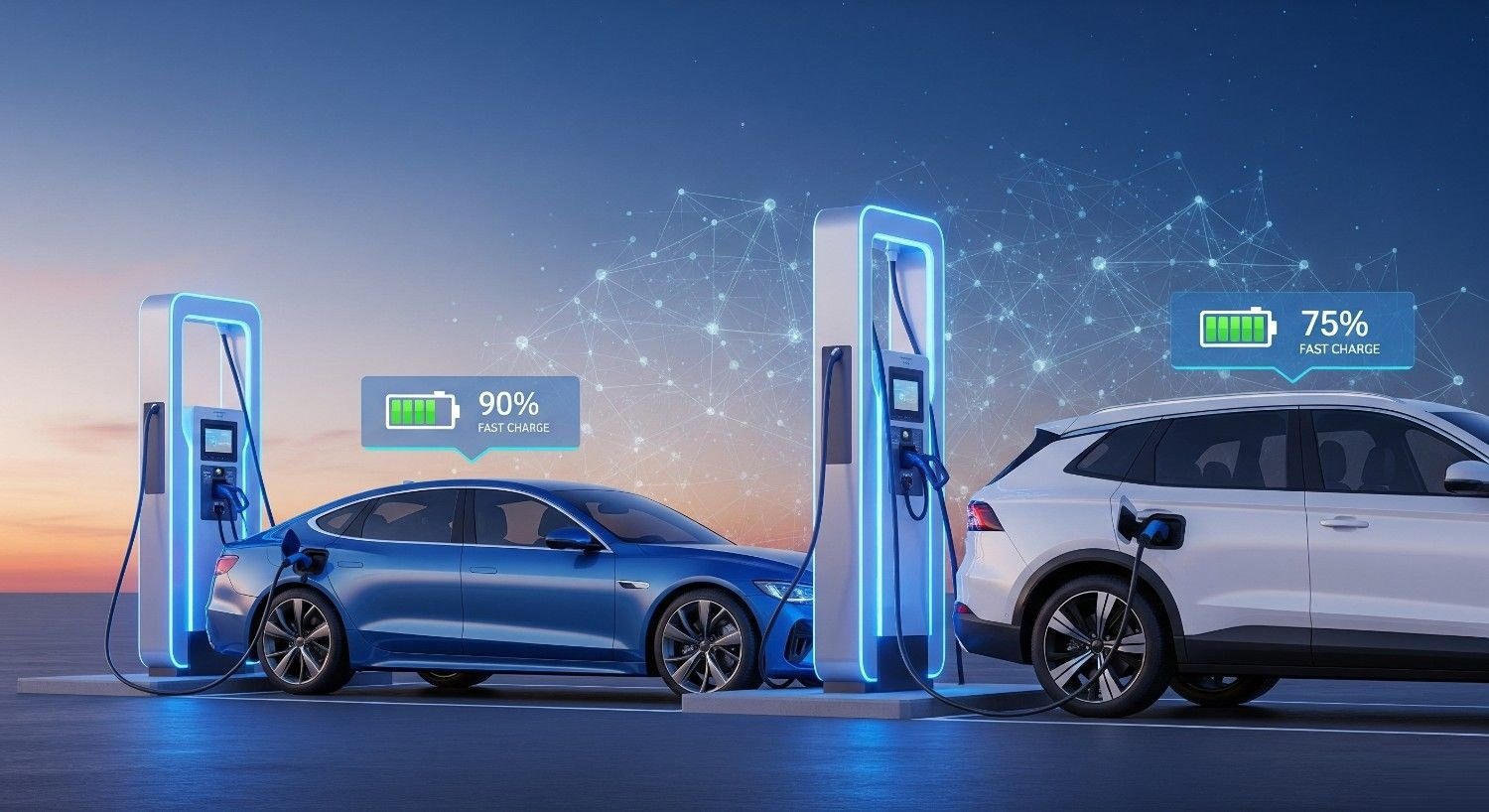

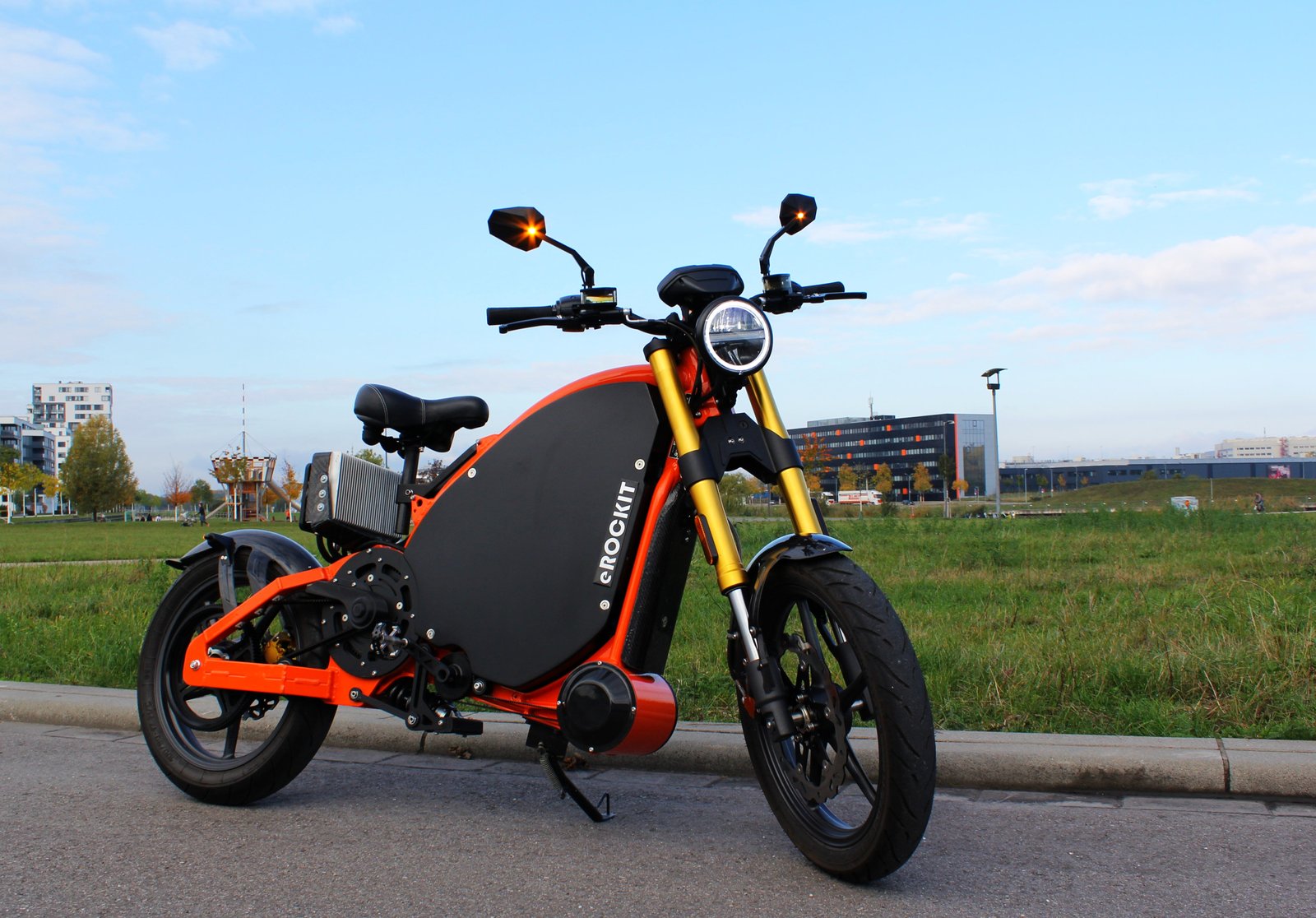

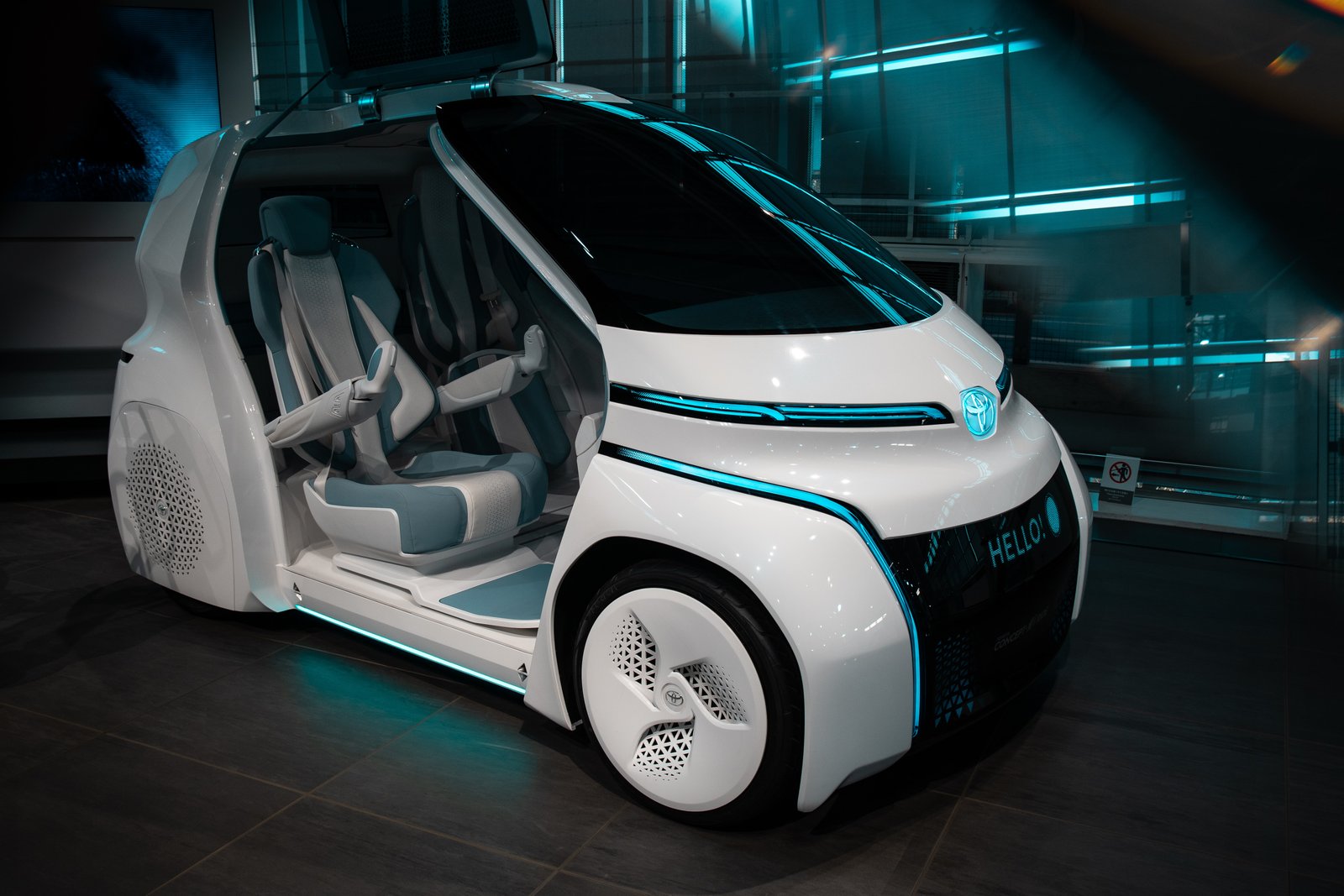

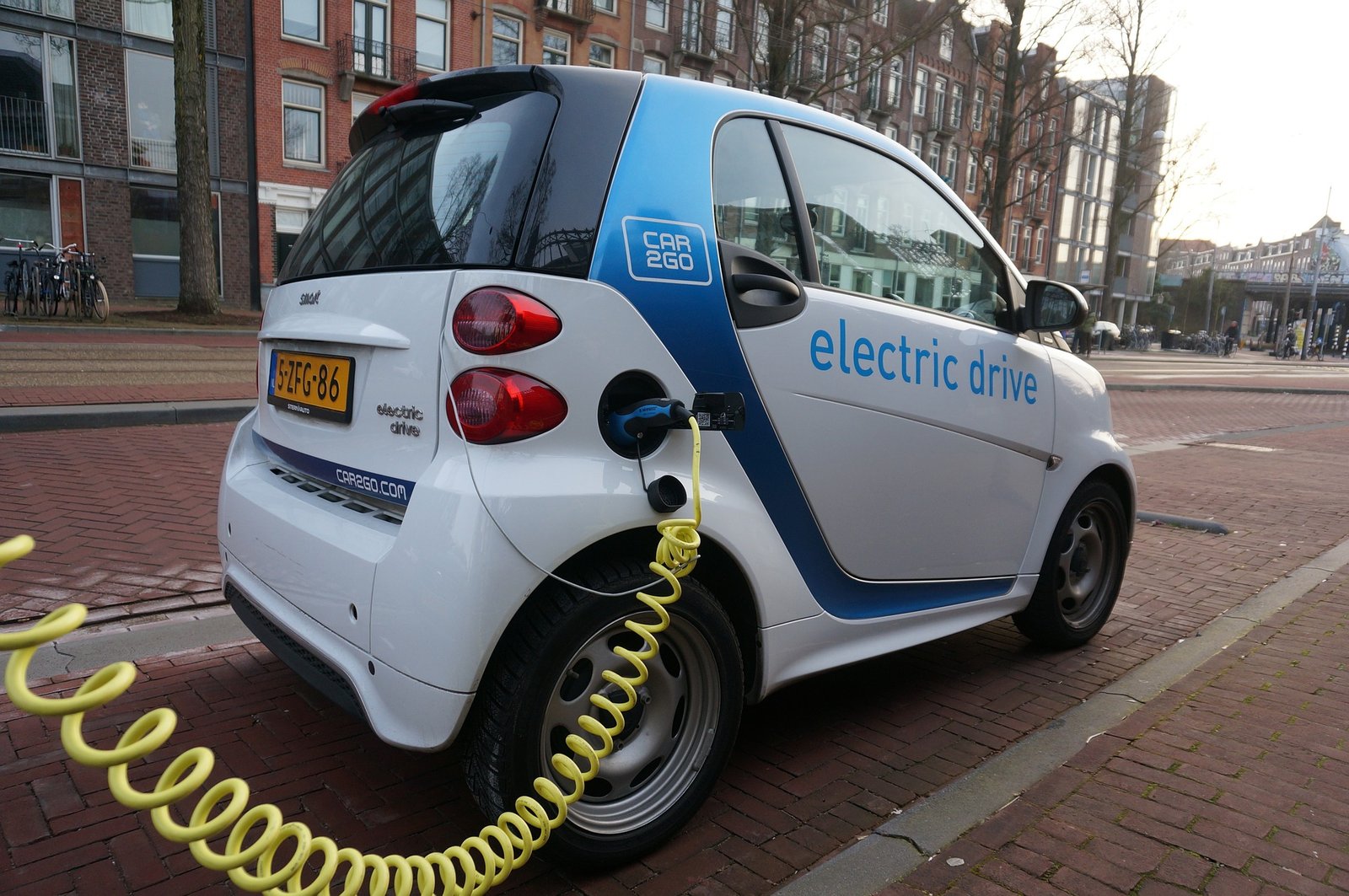

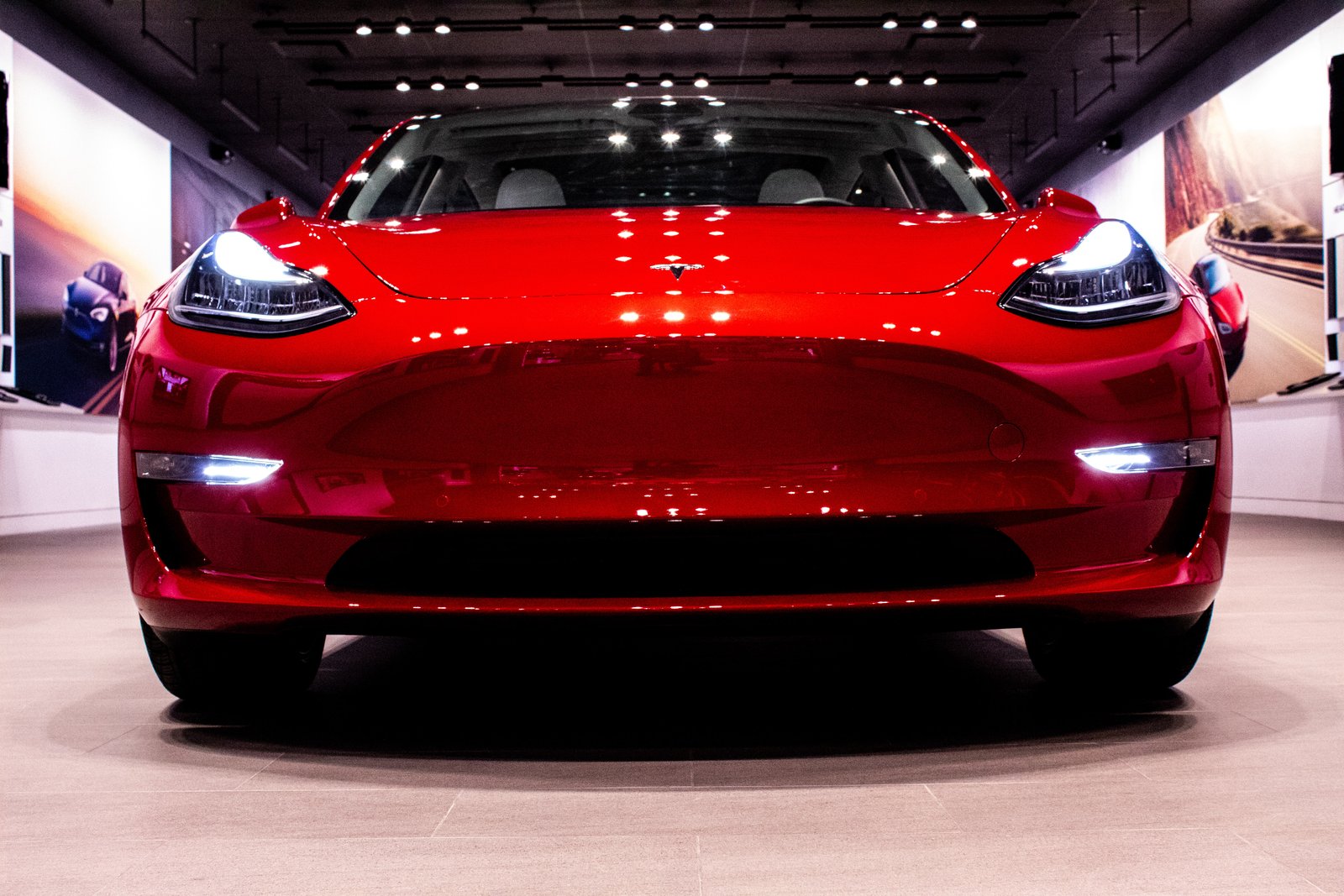
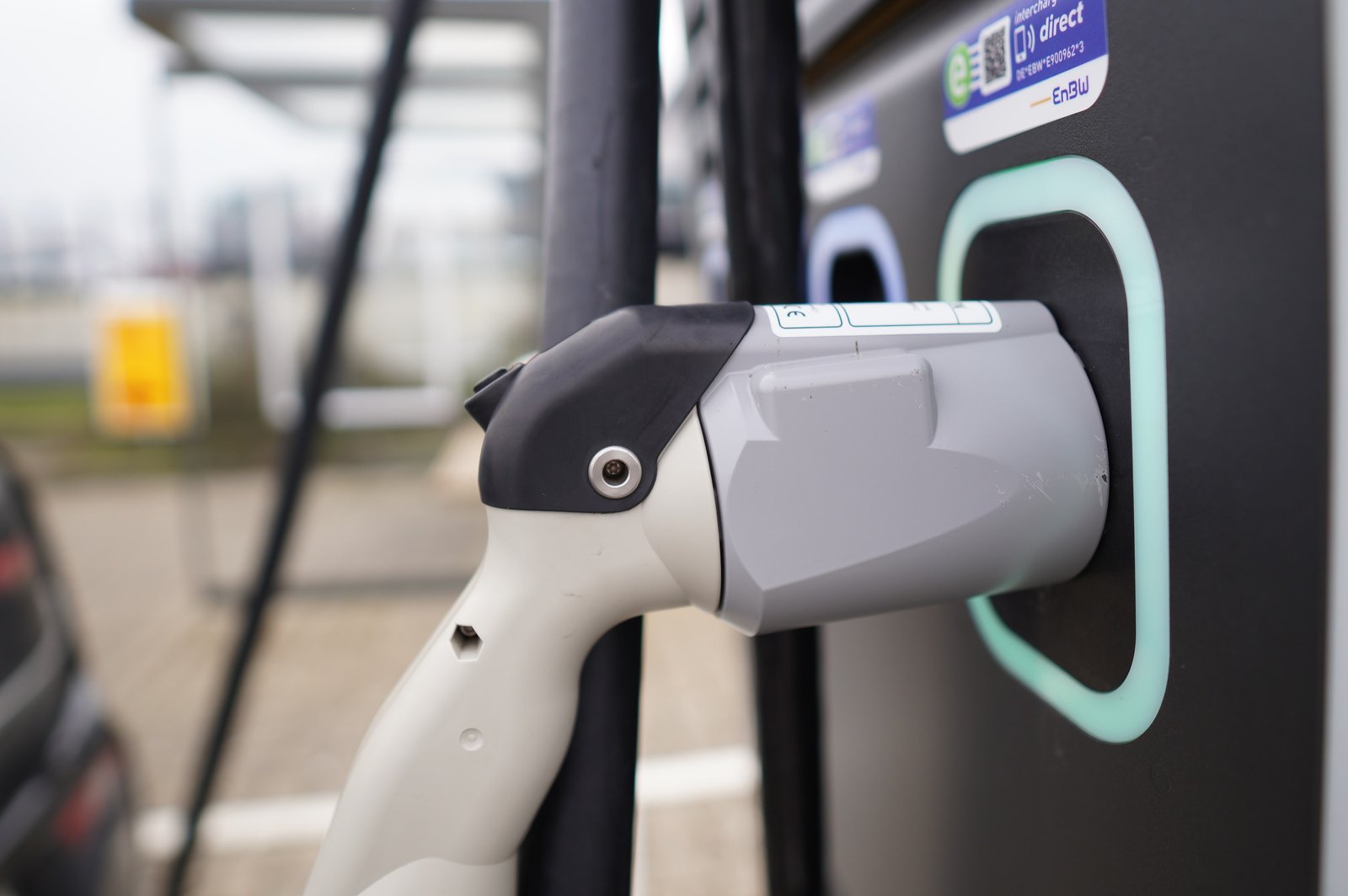
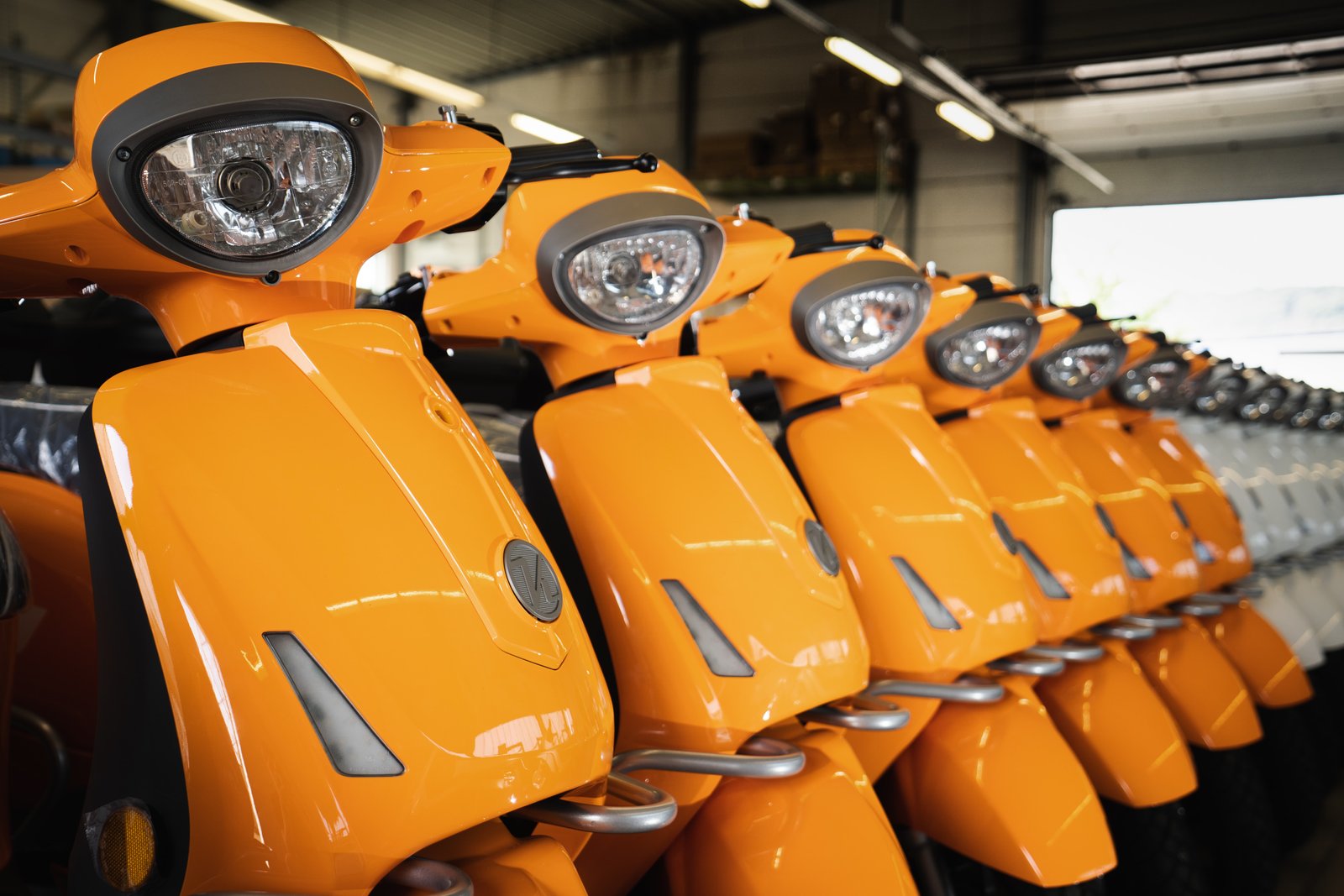
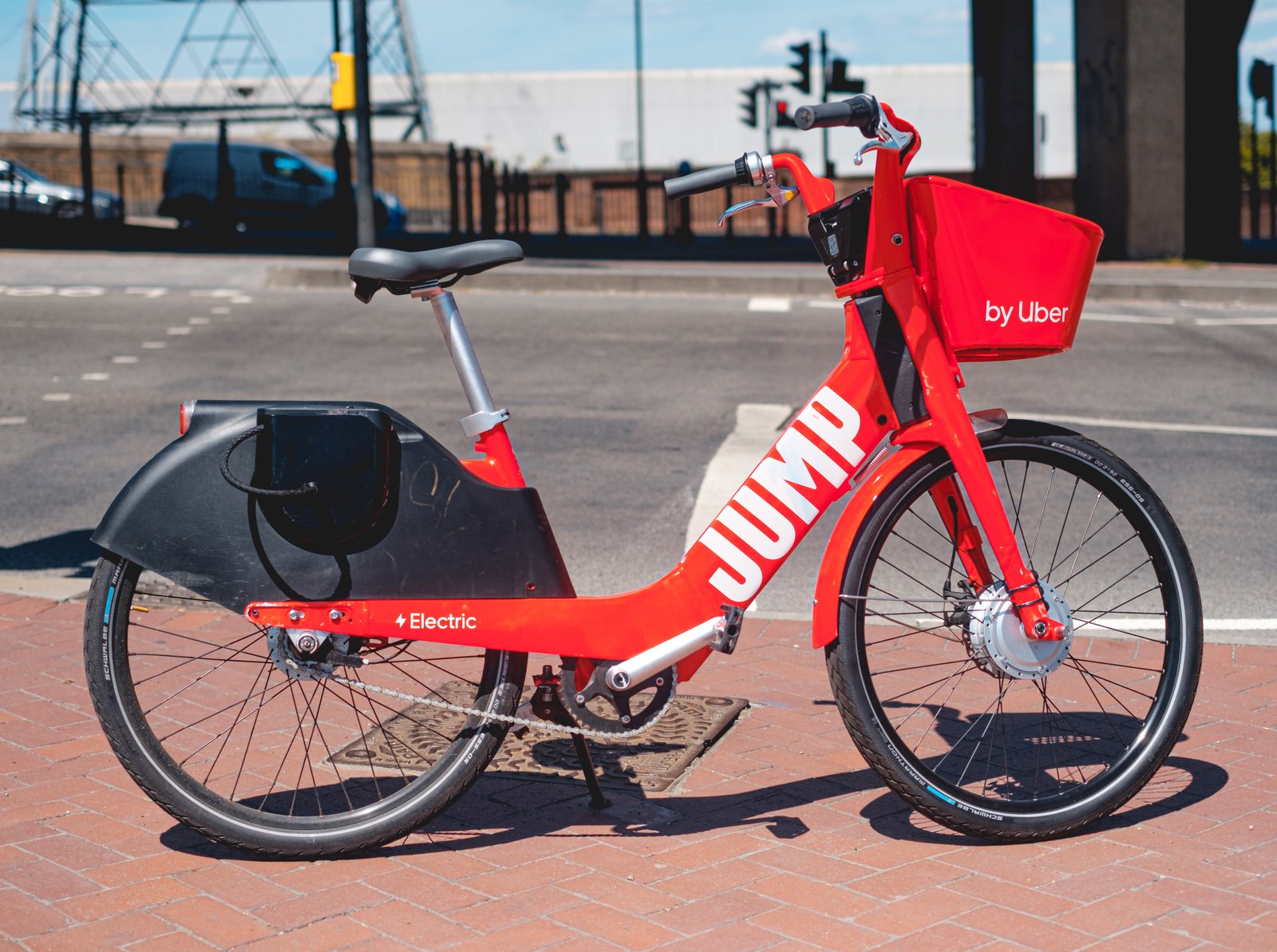
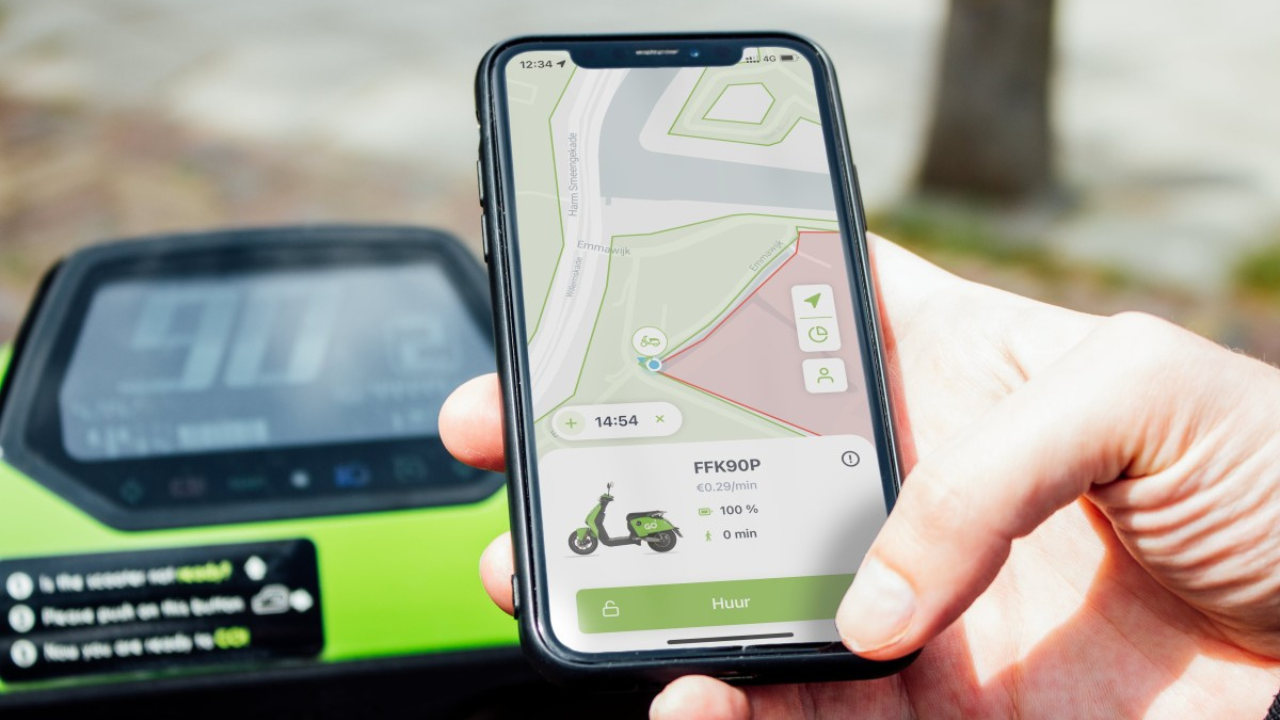
Leave a Comment